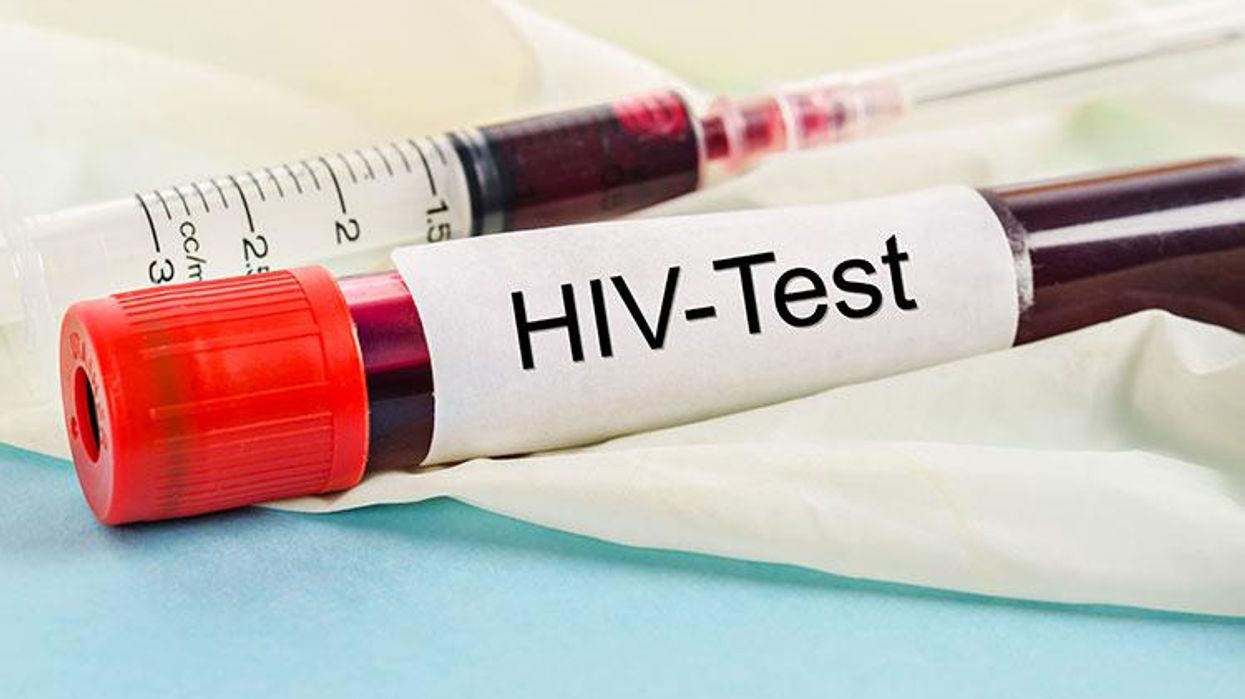When your initial test comes back positive (unless you've done the at-home test) you should be offered a confirmatory test, basically a second test to make sure you're HIV-positive. The likelihood of two false positives is extremely rare. If you took the at-home test, it's a good idea to go to a doctor or clinic to do the second test.
Sadly, false-negative test results can happen too, so if you come up positive and your partner comes up negative, be cautious. According to AIDS.gov, the likelihood of a false negative depends on when you might have been exposed to HIV and when you took the test: "It takes time for seroconversion to occur. This is when your body begins to produce the antibodies an HIV test is looking for -- anywhere from two weeks to six months after infection. So if you have an HIV test with a negative result within three months of your last possible exposure to HIV, the [Centers for Disease Control and Prevention] recommends that you be retested three months after that first screening test. A negative result is only accurate if you haven't had any risks for HIV infection in the last six months -- and a negative result is only good for past exposure."





































































Charlie Kirk DID say stoning gay people was the 'perfect law' — and these other heinous quotes